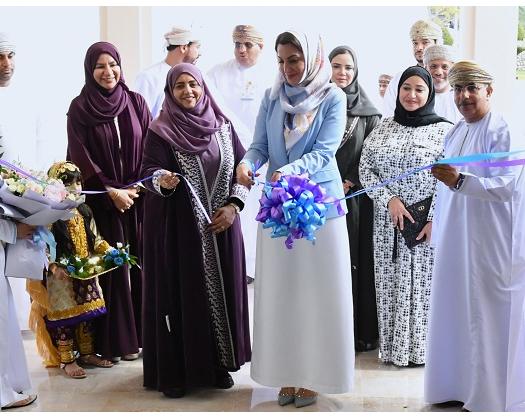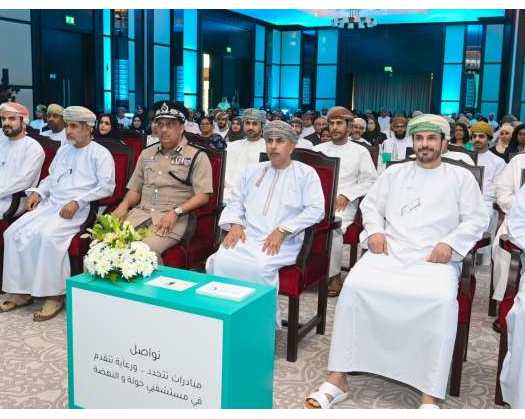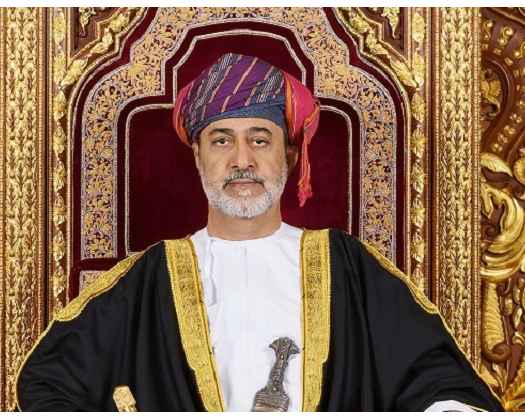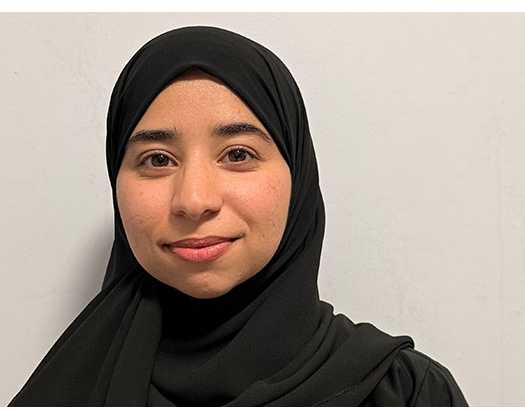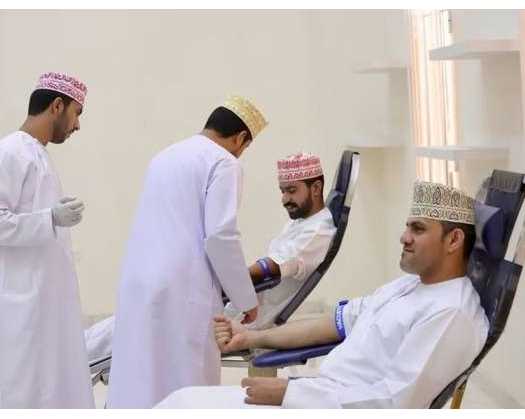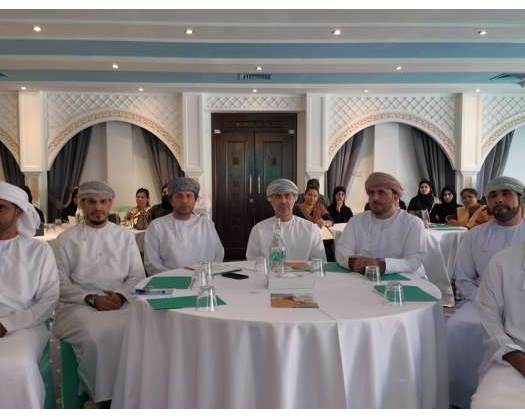Muscat: The Ministry of Health (MOH), represented by the Directorate General of Khoula Hospital, celebrated today, Wednesday, February 14, 2024 the opening of the fertility center under the auspice of H.H. Dr. Muna Fahad Mahmoud Al Said, Assistant Vice Chancellor of Sultan Qaboos University in the presence of H.E. Dr. Hilal Ali Al-Sabti, Minister of Health, and H.E. Dr. Laila Ahmed Al-Najar, Minister of Social Development.
In her statement, H.H. Dr. Muna Fahad Mahmoud AL-Said pointed out that the fertility center at Al Wattayah Obstetrics and Gynecology Complex is the first of its kind in the government health sector and represents a glimmer of hope for people coping with fertility challenges. She added that the medical center provides diagnostic and therapeutic services for couples during their journey in treating fertility problems.
In this regard, H.E. Dr. Said Harib Al-Lamki, MOH Undersecretary for Health Affairs, stressed that the fertility center is a qualitative addition to the health services after the idea came true since 2013. The opening of the center coincided with the Royal Decree No. 10/2024 on adopting the MOH organizational structure and establishment of a center for mother & child health.
The fertility center in Khoula Hospital, equipped with the latest lab technologies, is the first government center in the Sultanate of Oman to provide several services to help couples overcome the problems of pregnancy and childbirth and boasts a medical team with wide experience in the field of fertility.
Dr. Rahma Al-Ghabshi, a senior obstetrics and gynecology consultant, has highlighted that delayed pregnancy affects approximately 10 to 13 percent of the population in any given society. This medical issue not only impacts the individual but also has implications for the family, community, and the country as a whole. By offering specialized services, we can effectively address delayed pregnancy and promote family and community cohesion.
Our center is dedicated to providing exceptional and efficient medical care services. Upon opening, we aim to treat 1000 cases, with plans to increase this number to 1500 cases in the second year.
In vitro fertilization is a viable option for various cases, including fallopian tube obstruction, male infertility (such as low sperm count or poor sperm motility), ovulation disorders in women, and unexplained infertility when other procedures and treatments have failed.
We receive referrals from obstetrics and gynecology departments in all government hospitals and health complexes across the governorates. Additionally, we collaborate with urology clinics specializing in male infertility, reproductive endocrinology clinics at the Royal Hospital and Al Wattayah Complex, endocrine clinics, and oncology centers for fertility preservation through the freezing of eggs, sperm, or embryos.

